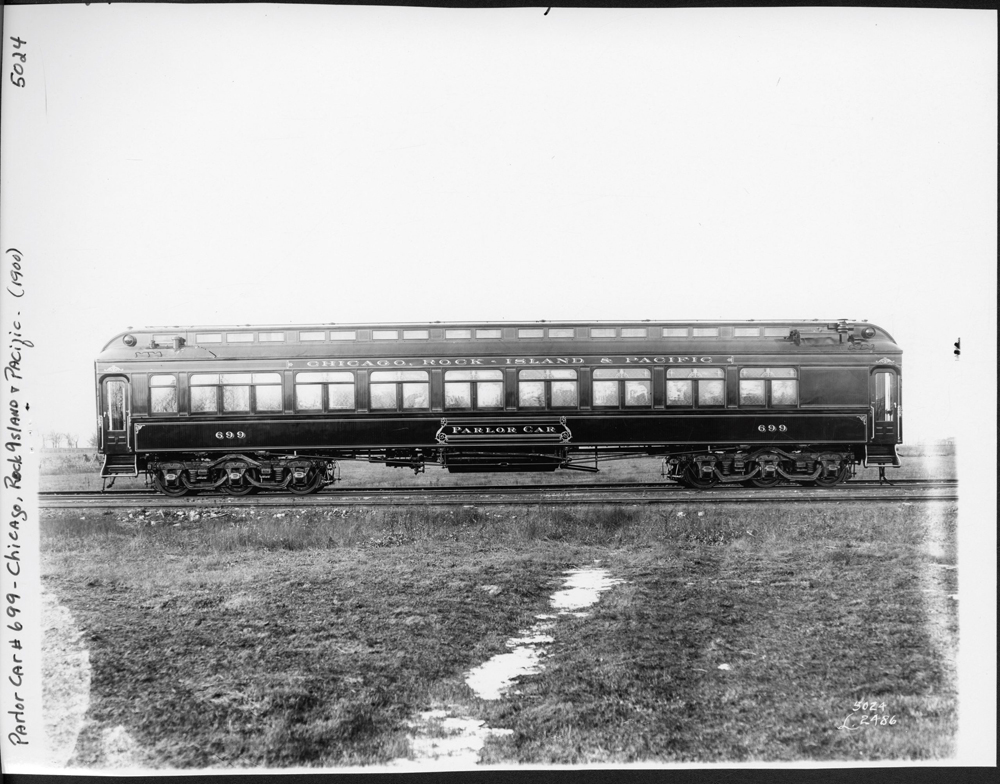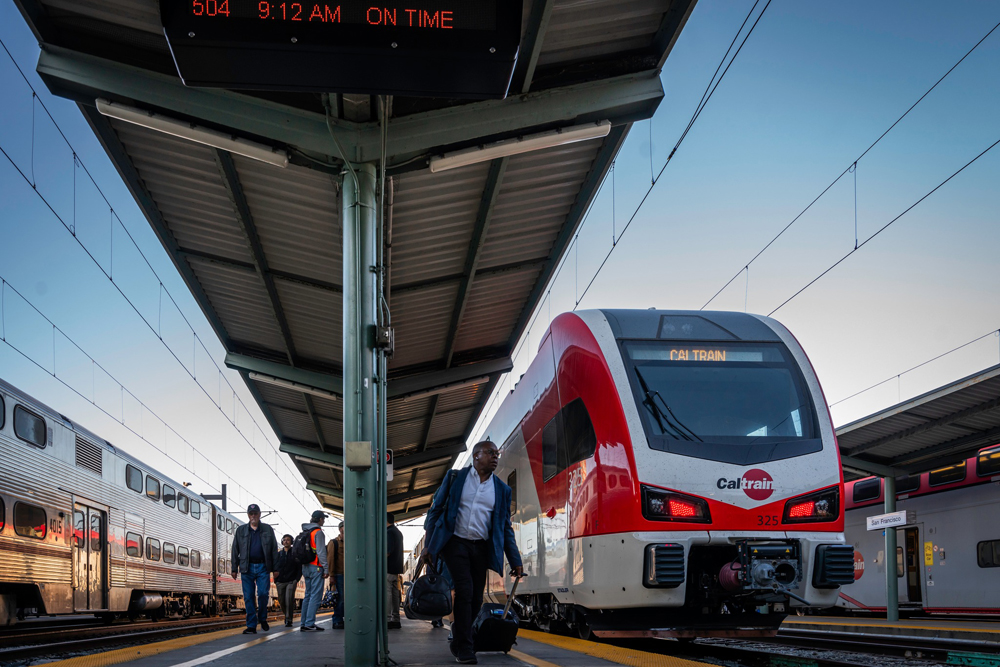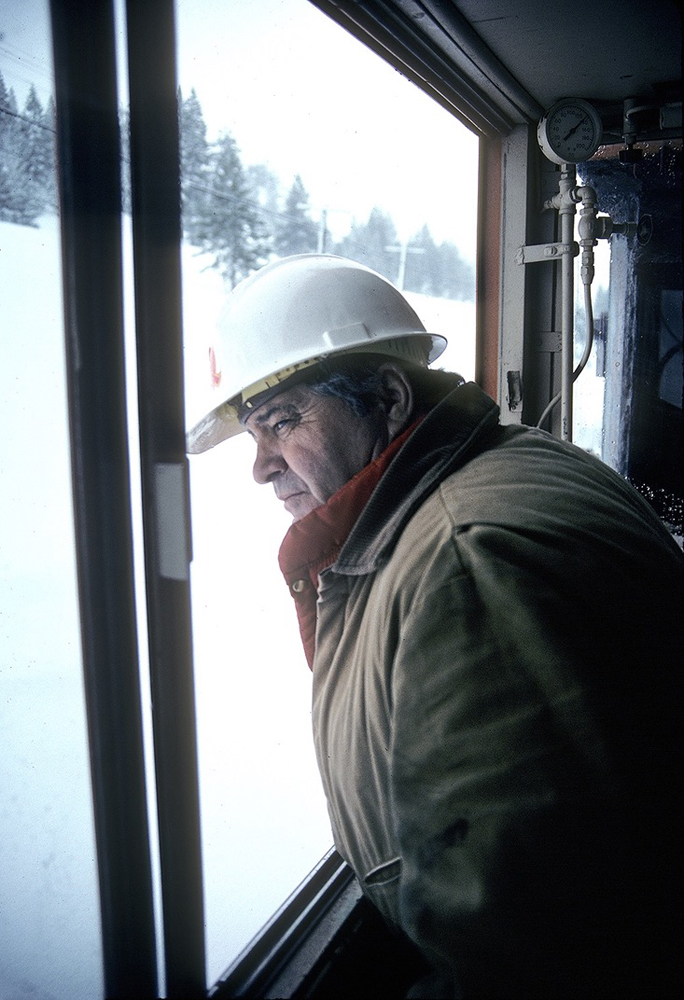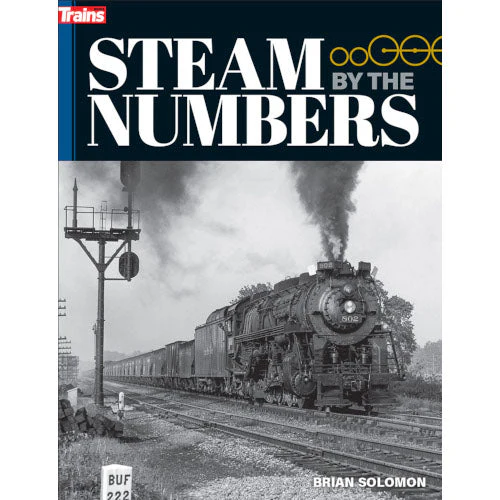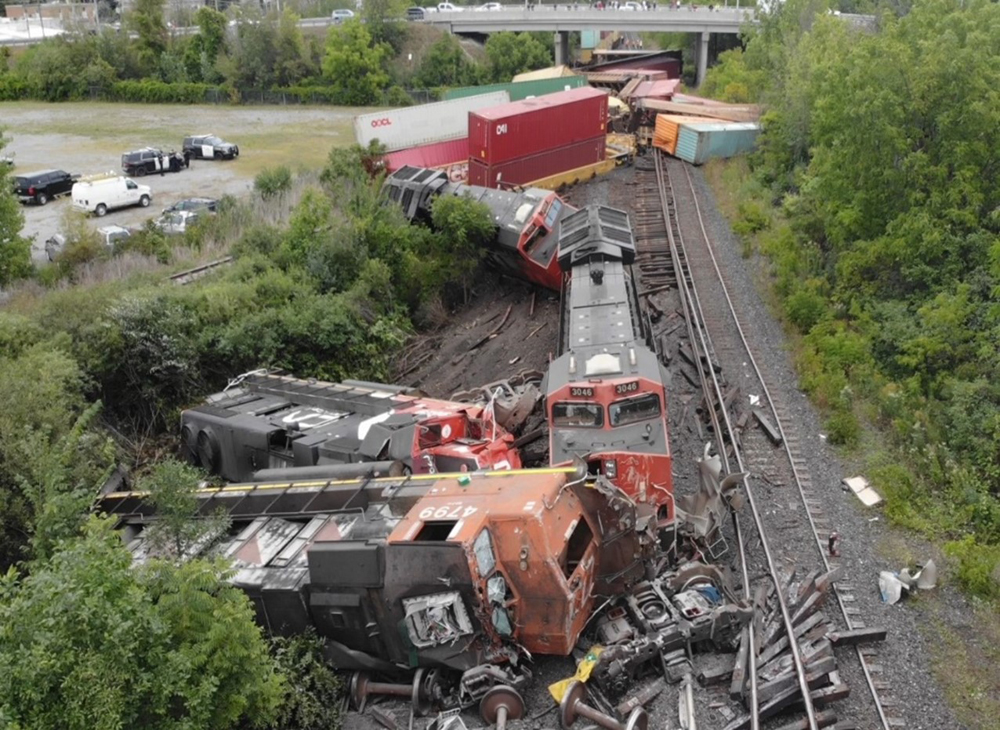
GATINEAU, Quebec — Effects of alcohol consumption by the rail traffic controller involved were likely a factor in a September 2021 collision between a Canadian National intermodal train and industrial switcher at Prescott, Ontario, the Transportation Safety Board of Canada said in an accident report issued today (Wednesday, March 13).
As a result, the TSB has issued a “safety concern” over a failure to regulate the period between consumption of alcohol before assuming safety-critical duties. The incident led to serious injuries to one crew member and minor injuries to two crew members.
The incident occurred about 10:28 a.m. on Sept. 2, 2021, when intermodal train Z149, traveling westward on the Kingston Subdivision, encountered an improperly lined switch. The intermodal train crew recognized that the switch was lined into the spur as it approached and placed the train into emergency, but entered the spur where local train 532 was waiting and the trains collided at approximately 37 mph. Four locomotives — two on each train — derailed, as did 14 cars of the intermodal train and two cars on the spur track; two main tracks and two spur tracks suffered damage, with a total of approximately 1,000 feet of track destroyed.

Two hours after the accident, the rail traffic controller took a mandatory breath alcohol test, with a second test 17 minutes later; based on those results, the controller was estimated to have had a blood alcohol concentration ranging from 0.064% to 0.109% at the start of his shift and 0.044% to 0.069% at the time of the accident. Any result over 0.04% is considered a violation of CN policy; Canadian law sets 0.08% as the standard for impaired operation of a vehicle, although some provinces have a standard of 0.05%.
A report from the chief medical officer for the third party providing the testing indicates the controller was either drinking at the beginning of his shift or had significant alcohol intake the early morning of or the night before his shift, which had begun at 6:30 a.m.
The TSB report notes that the controller was dealing with a complex situation that also included ordering a crew for another train, information another train it was being held for an approaching VIA train, and lining signals for CN and VIA trains. It also notes he did not obtain a required location report from train 149 before giving train 532 permission to line the switch to enter the main track from the spur, and concludes his performance and level of attention “were likely affected by the persistent effects of alcohol consumption.”
The board’s safety concern stems from the fact that Canada’s Railway Safety Act and related regulations do not set a time period prohibiting the consumption of alcohol before assuming duties, unlike — for example — aviation regulations which stipulate 12 hours between consumption and acting as a flight crew member or air traffic controller.
“Alcohol impairment involving employees in safety-critical positions can have significant adverse outcomes, affecting the safety of crews, passengers, and the environment,” the board writes in the accident report. “Therefore, given that no time period prohibiting the consumption of alcohol by railway employees in safety-critical positions in Canada is required, the Board is concerned that such employees could perform their duties while under the influence of alcohol.”






